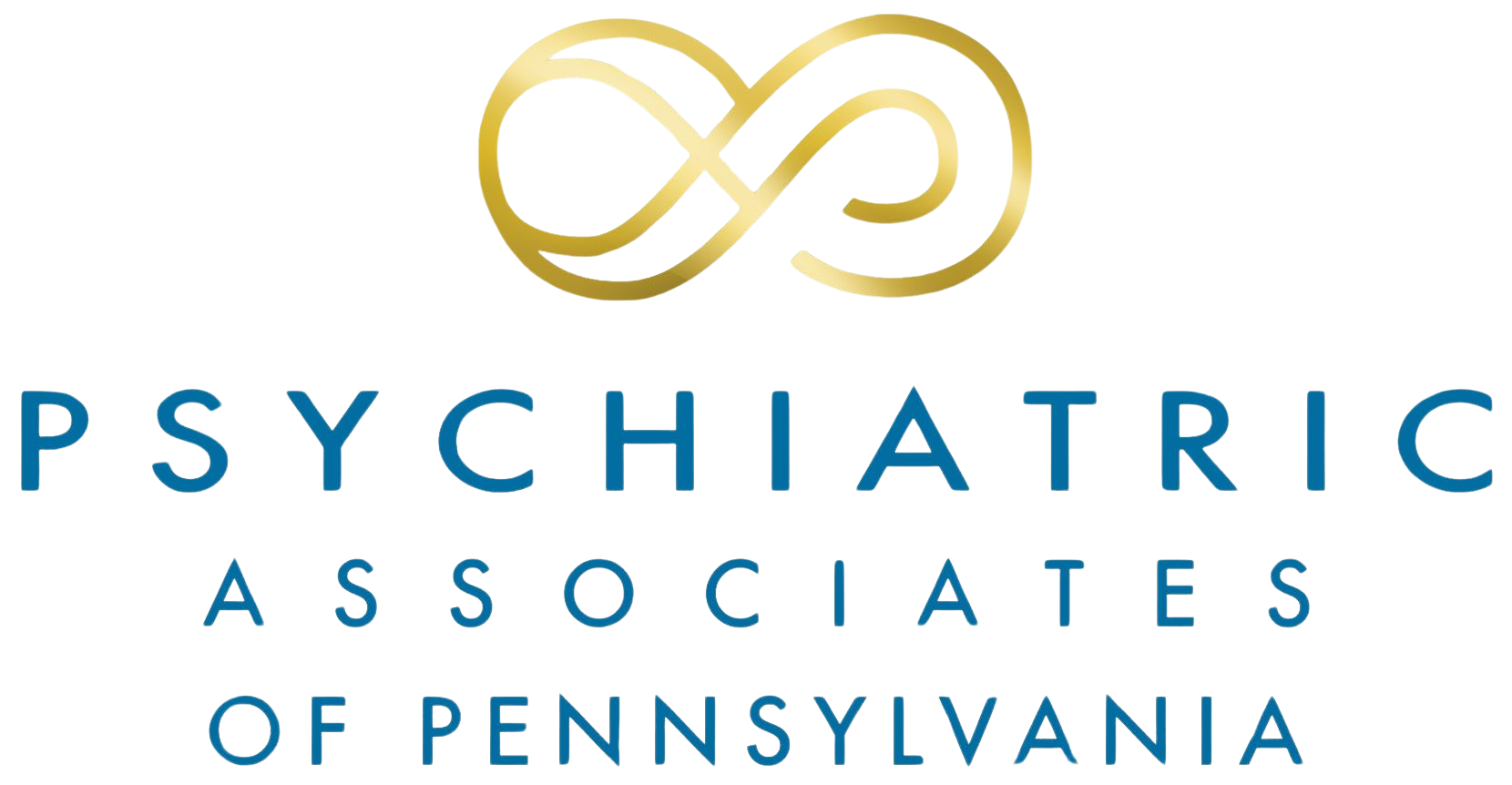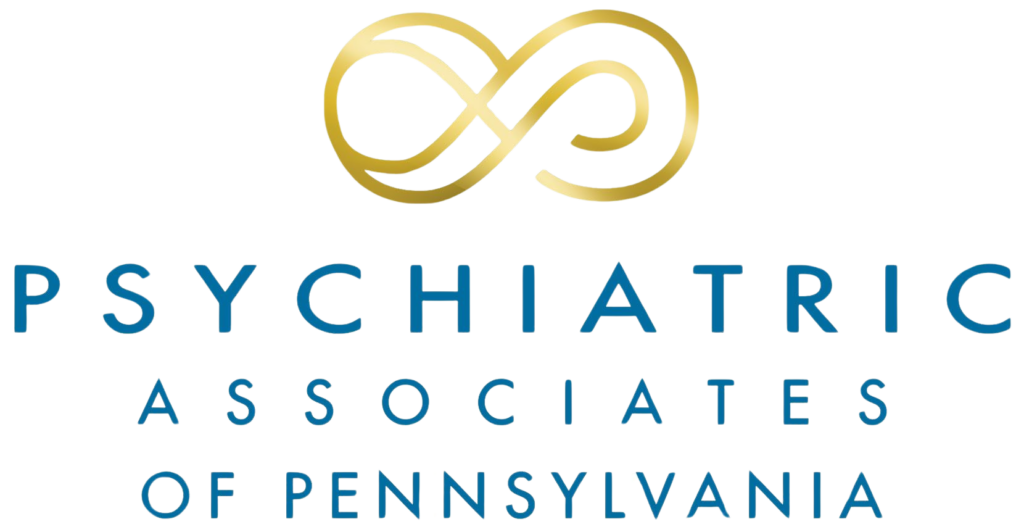What is forensic psychiatry?
Forensic psychiatry is a specialized branch of psychiatry that intersects with the legal system, focusing on the assessment and treatment of individuals involved in criminal and civil legal matters. Forensic psychiatrists evaluate individuals to determine their mental competency, provide expert testimony in court cases, and assess the risk of reoffending. This field combines clinical knowledge with an understanding of legal principles to address the mental health aspects of legal cases.
What kind of assessments do forensic psychiatrist perform?
Forensic psychiatrists conduct assessments to determine various aspects related to mental health and legal issues, including:
They can evaluate the changes on one’s mental health before and after an incident to determine the impact that the incident had on their mental health and their overall emotional wellbeing.
They evaluate an individual’s mental competency to stand trial, meaning whether they have the capacity to understand the legal proceedings and assist in their defense.
They assess whether a person had a mental disorder at the time of committing a crime and determine their level of responsibility or culpability.
They evaluate the potential risk that an individual with a mental disorder may pose to themselves or others, such as the likelihood of future violence or reoffending.
They assess the mental capacity of individuals to make decisions regarding their personal welfare, financial matters, or medical treatment.
They help determine the risk of violence or threats posed by individuals in various contexts, such as workplace violence or stalking cases.
Forensic psychiatrists may also provide expert testimony in court, present their findings to legal professionals, and collaborate with other mental health experts, such as psychologists and forensic scientists, to provide comprehensive evaluations and recommendations.
What are dramshop cases?
Dramshop cases refer to a specific area of civil law that holds establishments, such as bars or restaurants, liable for injuries or damages caused by individuals who were served alcohol at their premises. The term “dramshop” originates from an old English unit of measure for alcohol, called a dram. Dramshop laws vary by jurisdiction, but they generally impose liability on alcohol-serving establishments under certain circumstances.
To establish liability in a dramshop case, the plaintiff generally needs to demonstrate the following elements, which can vary depending on the jurisdiction:
- The establishment provided alcohol to the person who caused the harm.
- The person who caused the harm was visibly intoxicated or already known to be intoxicated at the time of being served.
- The intoxication of the person served was a proximate cause of the harm suffered by the plaintiff.
In a dramshop case, a person who has suffered harm or loss seeks compensation from the establishment that provided alcohol to the individual who caused the injury or damage. The injured party (plaintiff) typically claims that the establishment should be held responsible because they continued to serve alcohol to a visibly intoxicated person or to an individual who was already known to be intoxicated, thus contributing to the occurrence of the harmful incident.
If these elements are proven, the establishment may be held liable for damages, which can include medical expenses, lost wages, pain and suffering, and other losses suffered by the plaintiff because of the incident.
















